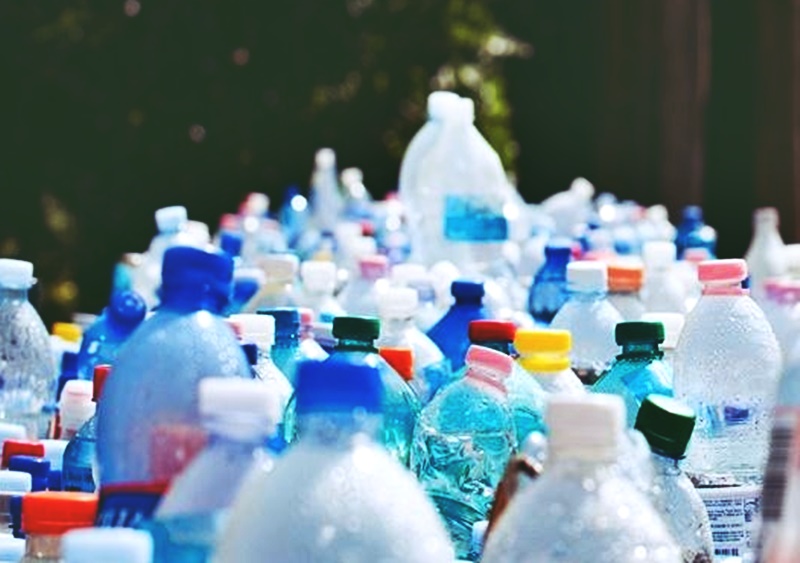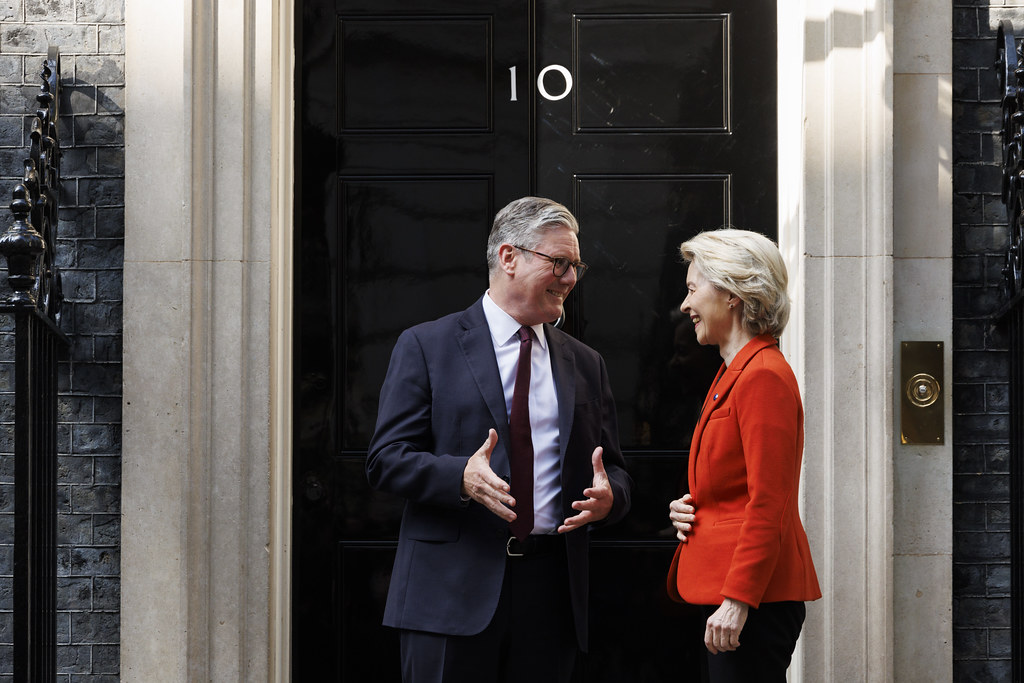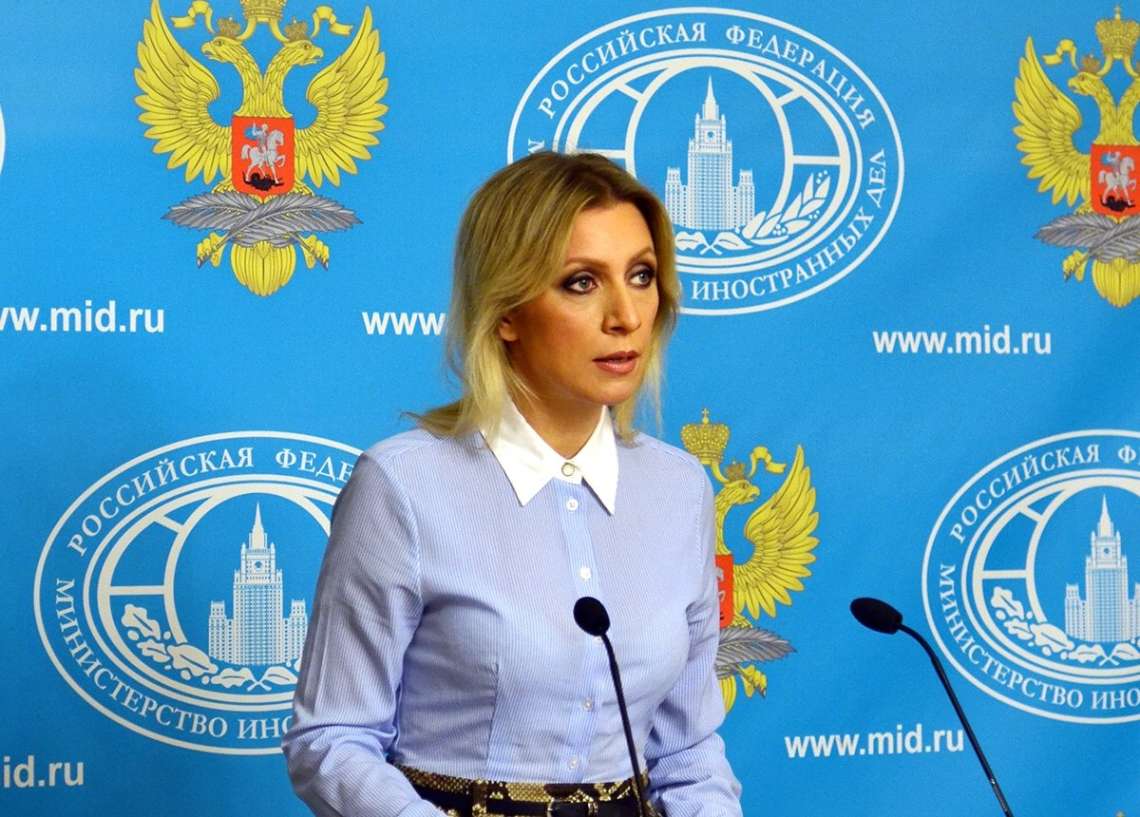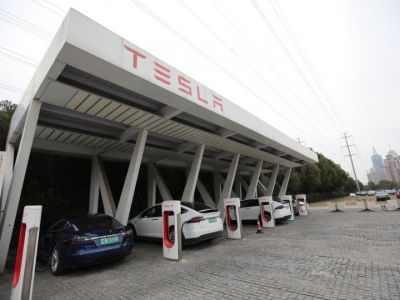One group of nations, including the EU and a bloc of small island states, is pushing for a strong, legally binding treaty that includes production caps and a phase-out of toxic chemicals.
Negotiators from nearly 180 countries have gathered in Geneva to revive efforts toward a global treaty aimed at curbing plastic pollution. The ten-day talks mark a critical step after previous negotiations in Busan, South Korea, ended in deadlock last December.
With time running out to meet the 2022 pledge to finalize an agreement by the end of 2024, the pressure is mounting for nations to find common ground on one of the planet’s most urgent environmental and health crises.
Plastic pollution has reached alarming levels, with microplastics detected on Mount Everest, in the Mariana Trench, and within the human body. The scale of the crisis is staggering—about 460 million tons of plastic are produced globally each year, half of it for single-use. Less than 10 percent of that is recycled. If left unchecked, plastic consumption is projected to triple by 2060, while plastic pollution in soils and waterways could rise 50 percent by 2040, according to the UN Environment Programme (UNEP).
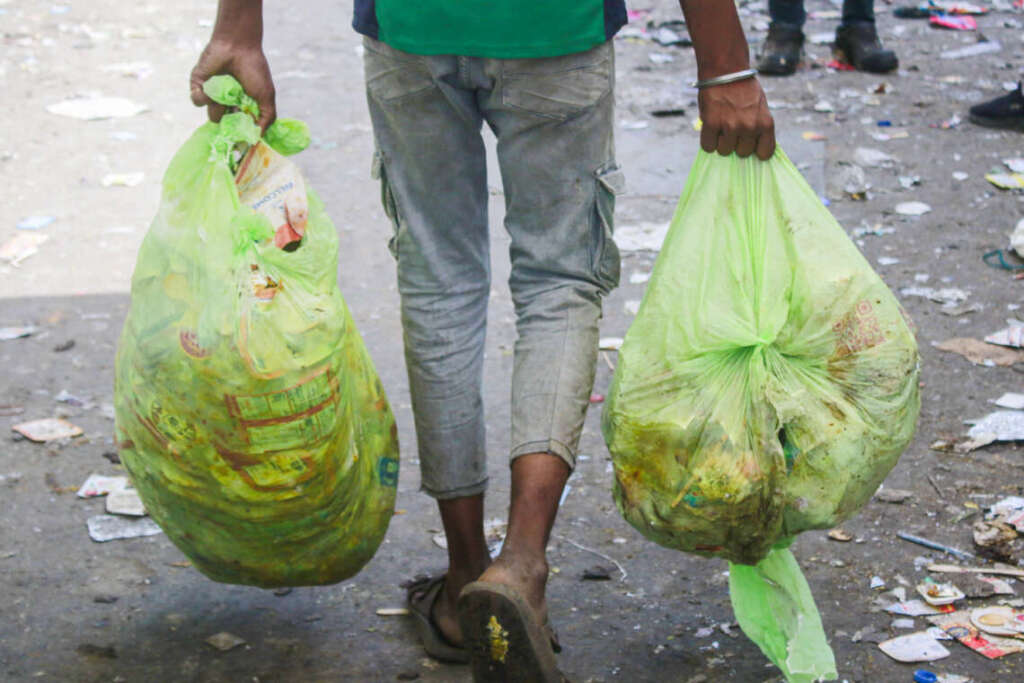
Yet fundamental disagreements continue to stall progress. One group of nations, including the EU and a bloc of small island states, is pushing for a strong, legally binding treaty that includes production caps and a phase-out of toxic chemicals. On the other side, oil-producing countries such as Iran and Russia are resisting such measures, advocating instead for improved waste management and recycling without production limits.
“The most divisive issue is whether to restrict production of new plastic,” said Bjorn Beeler, executive director of the International Pollutants Elimination Network (IPEN). “You have over 300 brackets in the current draft text—that’s over 300 unresolved disagreements.”
UNEP Executive Director Inger Andersen remains cautiously optimistic. “Despite the complexity, it’s very possible to leave Geneva with a treaty,” she said, noting the urgency of the moment. Andersen and others hope that countries will find consensus before a potential third round of talks becomes inevitable.
Another point of contention is the classification of hazardous chemicals in plastics. Advocates are pushing for clear restrictions on substances like PFAS—so-called “forever chemicals” that take centuries to degrade and have been linked to serious health risks.
Small island nations and developing countries have been especially vocal. Ilana Seid, chair of the Alliance of Small Island States (AOSIS), stressed that the treaty must address the entire life cycle of plastic—from production to disposal—and not just waste. These countries, either reliant on plastic production or devastated by its environmental fallout, are demanding accountability.
“The treaty should not be a waste management pact,” Seid said. “It should cover the full life cycle of plastics.”
Environmental groups like Greenpeace have also raised concerns about the influence of industry lobbyists in the negotiations. “Governments must act in the interest of people, not polluters,” said Graham Forbes, Greenpeace’s head delegate.
Beeler warned that while negotiators are eager to avoid more delays, the danger remains that they might settle for a hollow framework. “The escape hatch is a skeleton of a treaty,” he said, “but it needs finance, guts, and a soul to be truly effective.”


